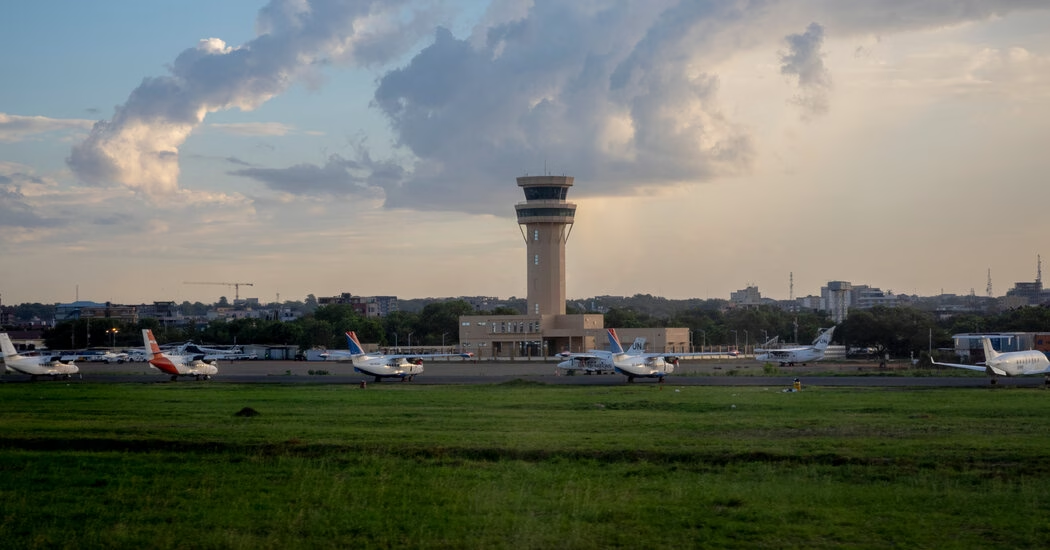The Trump administration’s decision to revoke visas for all South Sudanese passport holders has exacerbated the political and humanitarian crises in South Sudan, the world’s youngest nation. South Sudan is at risk of civil war as political tensions escalate and the authorities placed the vice president under house arrest in late March. Furthermore, millions face hunger, displacement, and disease outbreaks as violence intensifies, and the United States cuts aid to the region.
The visa ban shows Washington’s retreat at a time when South Sudan needs considerable support, especially given its bid for independence from Sudan, backed by the United States, nearly 15 years ago. The timing and execution of this ban are seen as not helpful or timely, according to analysts.
On Saturday, Secretary of State Marco Rubio announced the revocation of visas for South Sudanese nationals, with the deputy secretary of state saying that South Sudan had refused to accept the repatriation of one of its nationals. There is uncertainty regarding the deportation of those whose visas were revoked, and South Sudan’s government has not responded to this announcement.
South Sudan sends relatively few travelers to the United States, with only 46 nonimmigrant visas issued to its nationals in January, compared to more than 2,500 to people from neighboring Kenya. The visa cancellations are taking place amid deepening political rifts between President Salva Kiir and his vice president, Riek Machar, which threatens the fragile 2018 peace agreement following a civil war.
The authorities have also arrested several high-level opposition figures, and there have been clashes between the Sudanese military and opposition forces. American aid cuts are further hampering efforts to provide support amidst these crises. The lack of aid has forced aid agencies to dismiss staff and close facilities, leaving vulnerable communities without support.
South Sudanese opposition officials in the United States have expressed concern about the potential deportation of nationals, fearing they may face harm or death at the hands of the very government responsible for the situation in South Sudan. They suggest that future U.S. action should focus on promoting accountability among leaders while safeguarding the lives and interests of ordinary South Sudanese citizens.
Source: https://www.nytimes.com/2025/04/07/world/africa/south-sudan-visas-trump.html





